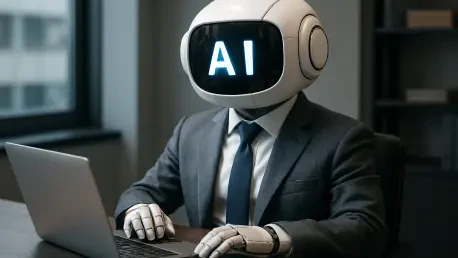
The pressure on organizations to deliver meaningful, human-centered digital experiences for their employees has reached a critical juncture, effectively completing the transformation of employee experience from a siloed human resources function to a board-level business imperative. As mature hybrid

The once-insurmountable barriers of international law and payroll that prevented companies from hiring the best talent, regardless of location, are rapidly crumbling under the weight of technological innovation. A new era of borderless employment has arrived, driven by platforms designed to

In an increasingly competitive economic landscape where attracting and retaining top talent has become a primary challenge for businesses, a significant financial infusion is set to bolster the local workforce and address critical skill gaps. Sixteen employers across Macomb County recently received

In a business landscape defined by constant disruption, the demand for truly strategic leaders has never been more acute. Yet, as companies grapple with a widening skills gap, many find that the very visionaries they need are in short supply. To navigate this challenge, we sat down with Sofia

The relentless pursuit of productivity in today's fast-paced corporate landscape often creates a paradox where the very drive for excellence can lead to the downfall of top talent. Organizations that celebrate and reward high performers without building a sustainable framework risk creating an

A profound and widening disconnect over the true impact of artificial intelligence is creating a productivity paradox within the modern workplace, pitting the optimistic vision of corporate leaders against the often frustrating reality for their frontline employees. While executives champion AI as